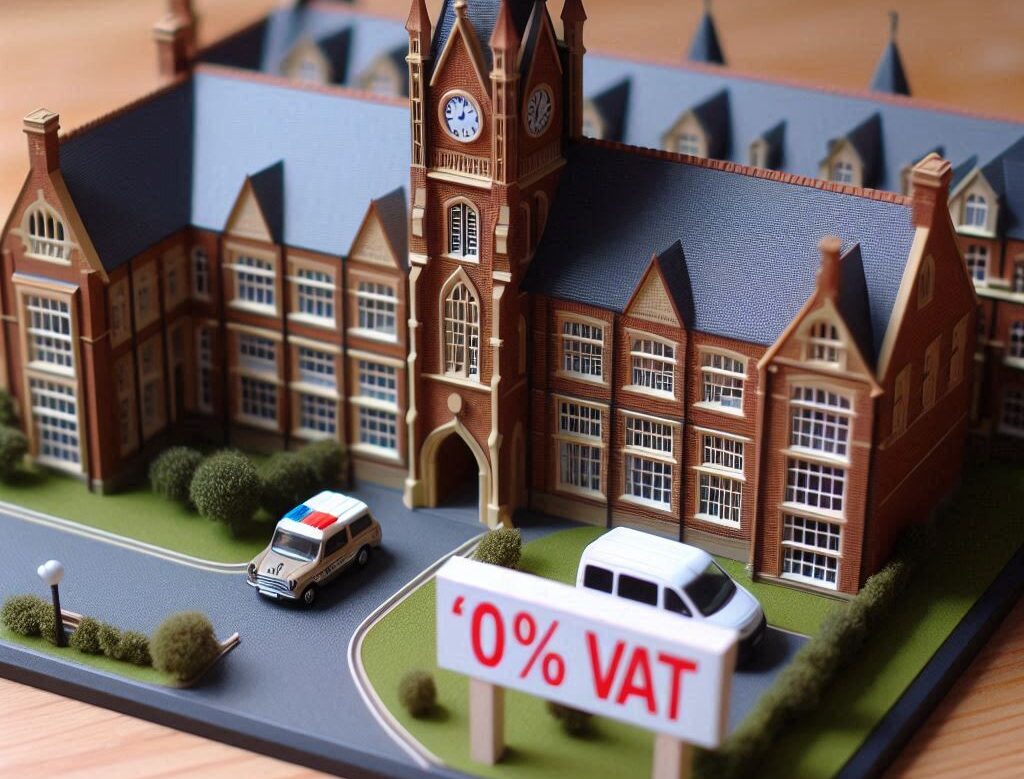Terminal Problem? The case for a market-based airport slot allocation system
SUGGESTED



Summary
- Since the mid-1980s, the UK’s aviation sector has undergone
substantial liberalisation. This was a great success story as far as it
went. But two major components have bucked that overall liberalisation
trend: airport capacity, and the allocation of take-off and landing slots.
These are the two remaining islands of central planning in an otherwise
liberalised sector. - At congested airports, airport operators have little control over
the allocation of take-off and landing slots. If an airline has used a
particular slot in the past, it has an automatic right (subject to some
conditions) to carry on using it – indefinitely. The remainder of the
slots are allocated by a quango, via an administrative process, under
retained EU law (ultimately derived from the International Air Transport
Association (IATA)). - As a result of the ‘grandfathering’ of slots, most slots at large airports are
simply held by the airline that has always held them. This distorts the
market in favour of well-established incumbents. It is the main reason
why large European airports continue to be dominated by national
legacy carriers. Despite certain exceptions to the slot allocation rules,
the market remains distorted. There is scope for major improvements. - As in many other areas, Brexit is a double-edged sword when it comes
to aviation. Brexit enables the UK to replace the EU/IATA slot allocation
rules with an alternative system. This could mean replacing it with a
more liberal and market-based alternative – but it could also mean
replacing it with an even more dirigiste one, under which slots are
allocated on the basis of political considerations. - A more liberal alternative would mean introducing a primary market for
airport slots. That could be done by a simple auction, or by congestion
pricing, or it might be possible to allow airport operators to devise
whatever slot pricing mechanism they see fit, and rent out airport slots
to whoever they choose. Grandfathered rights would be phased out,
and the slot allocation rules would cease to apply. - Taken to the fullest extent, this could mean different things in practice.
Some airports might use periodic slot auctions, under which slots go to
the highest bidder. Auction design and auction rules could then differ
from airport to airport. Other airports might use a system of dynamic
runway pricing, in which they set market-clearing prices for slots. It could
also lead to the emergence an altogether different allocation mechanism.
https://iea.org.uk/wp-content/uploads/2022/05/DP107_Terminal-problem__web.pdf
Fullscreen Mode




